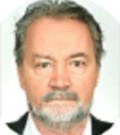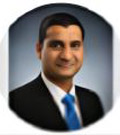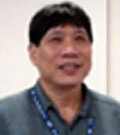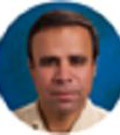




Section Collection Information
Dear Colleagues,
Stroke is the 2nd single most common cause of death, the 2nd most common cause of dementia and the most frequent cause of permanent disability in industrialized countries. Current treatments are inadequate to tackle the tissue and cellular consequences of stroke, mainly due to an extremely narrow therapeutic time window and a complex pathophysiology. In particular, the strong inflammatory reaction triggered by the ischemic cascade contributes to exacerbating the acute tissue damage and still remains a severe clinical issue that leads to significant social and economic impacts. The goal of our group is to generate an innovative nanomedicine for stroke based on therapeutic miRNA carried by synthetic vesicular nanoshuttles. In this frame, bioinspired artificial nanoshuttles of cerebroprotective/anti-inflammatory miRNA would have the potential to succeed where purely biological and pharmacological approaches have failed. Unique features will be merged in one smart drug delivery nanoplatform to target the injured neurovascular unit/blood-brain-barrier at the penumbra area, thus releasing the therapeutic miRNA where the brain microvasculature endothelial cells reside and influence the secondary neuroinflammatory response. To this aim, we build on the miRNA-associated therapeutic efficacy shown by biologic nanovesicles toward brain ischemia. First, promising subsets of therapeutic miRNA will be drawn from the miRNome of biologic nanovesicles. Second, the selected miRNA will be loaded into ad hoc brain-targeting liposomes by cutting-edge microfluidics-associated strategy. Third, the so generated synthetic vesicular nanoshuttles of therapeutic miRNA will be validated in an innovative ischemic brain-on-chip model. Fourth, to enhance the clinical translatability of miRNA therapy, the biodistribution, toxicity and functional recovery will be addressed in an aged, comorbid animal model of stroke.
We Look forward to your contributions.
Prof. Dr. Aurel Popa-Wagner
Prof. Dr. Ashim Gupta
Prof. Dr. Feng-Huei Lin
Dr. Mazen Alshaaer
Dr. Nauman Rahim Khan
Dr. Mohammad Reza Sazegar
Section Editor

